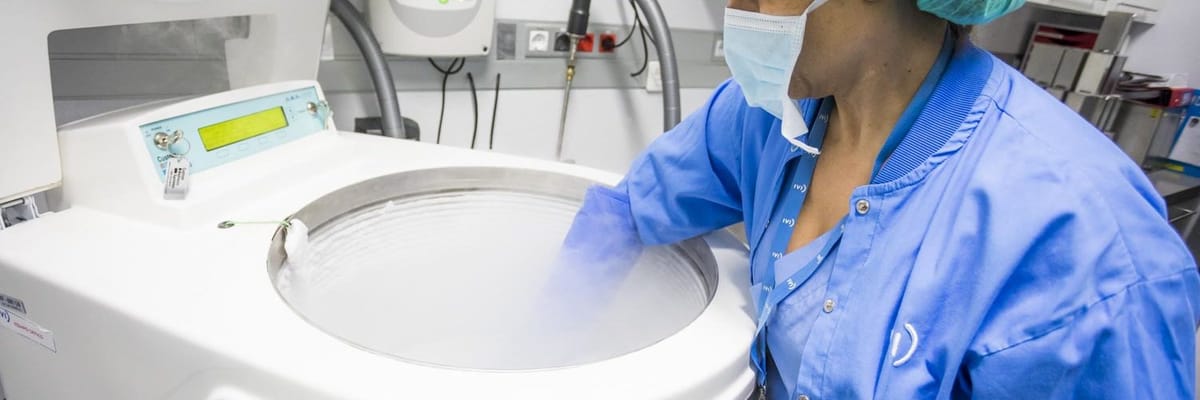
Last year, in all of our clinics we launched a free campaign for women aged 25 to 38 so that those who wanted to could find out their ovarian reserve (in other words, the total number of ova found in the ovaries). The fact is, this is one of the indicators that enables us to assess fertility in women. Furthermore, all that is needed to measure it is a simple blood test.
When women are born, they already have all of the eggs that they will have throughout their entire lives. As they get older, both the number and the quality of these gradually decrease. This means that the older they get, the harder it will be for them to achieve a full-term pregnancy.
More than 3000 women came to our clinics to find out about their fertility level and out of these around 10% ended up deciding to have a reproductive treatment, whether it was to have a child at that point or to preserve their fertility and delay making that decision.
If one thing is clear, it is that nowadays the age at which women have their first child is going up and up. “Society has changed, it has evolved, but a woman’s biological clock continues to be governed by the same rules as it has been for centuries, establishing the ideal age for having a baby from a medical point of view as being in the second decade of life and up to the age of 35, which is something that clashes head on with the rhythm of life encountered by the modern woman,” explains Dr Antonio Requena, Medical Director of IVI.
The results of the fertility study leave no room for doubt:
- 12% of women aged 25 to 30 have a low ovarian reserve.
- 24% of women aged 30 to 34 present levels of Anti-Müllerian hormone that are considered to be associated with a depleted ovarian reserve.
- Among women aged 35 to 38, the percentage with a low reserve was as high as 33%.
This data is particularly alarming when we take into account the fact that 43.5% of the women who came to find out their AMH were over the age of 34; and that advanced maternal age continues to be the main factor in terms of infertility among patients who come to IVI. In the words of Dr Antonio Requena, “As a woman’s age goes up, her number of eggs goes down. As such, it is important to encourage women to check their ovarian reserve from the age of 30, given that – as someone who has general health check-ups annually – the state of her fertility is just as important a parameter and one that all women ought to know and care about.
The experts, in fact, recommend seeing a specialist if you do not manage to get pregnant after a year of regular sexual relations if the woman is over the age of 35. If she is older, or there is some medical condition that might affect her fertility, you should see someone after 6 months.
The free campaign for the fertility study is still going on this year. If you are aged 25 to 38 and you would like to find out your fertility level, call us for free on +34 900 847 300 and book your appointment.





Comments are closed here.